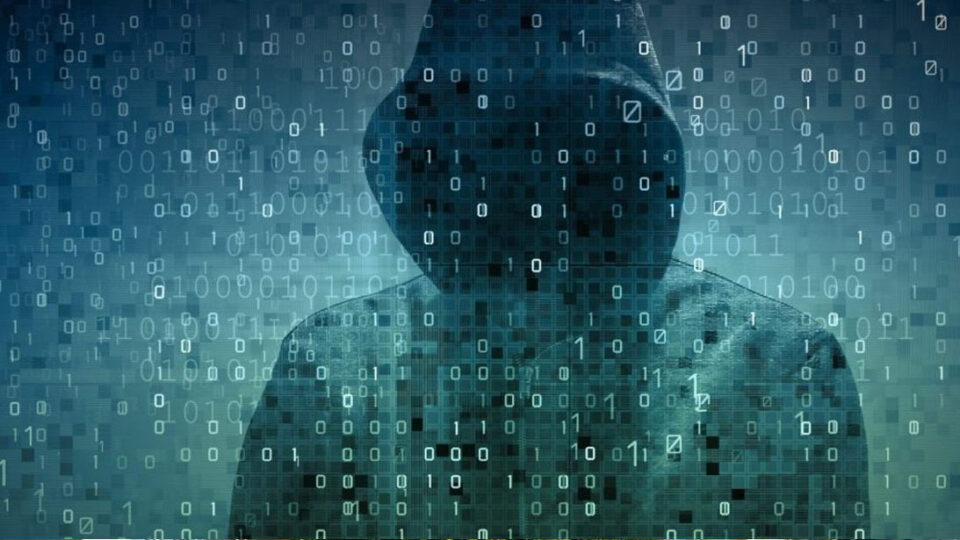Cabinet Division Issues Cybersecurity Warning Based on 2024 Cisco Talos Report
The Cabinet Division has issued a comprehensive cybersecurity advisory following key findings from the Cisco Talos Annual Cybersecurity Attack Report for 2024. The report highlights a surge in cyber threats due to human error, weak digital practices, and increased reliance on insecure systems.
Key Cybersecurity Risks in 2024
According to the advisory, the Cisco Talos report revealed that many cyberattacks in 2024 were linked to:
-
Lack of multi-factor authentication (MFA)
-
Weak identity management controls
-
Use of unsecure VPN services
-
Exploitation of stolen credentials
Cybercriminals gained access to sensitive government and private systems by exploiting user negligence and poor digital hygiene.
Urgent Cyber Hygiene Recommendations
The Cabinet Division stressed that many data breaches and unauthorized access incidents could have been avoided through basic cybersecurity practices, including:
-
Enforcing strong password policies
-
Avoiding common passwords like dates of birth or vehicle numbers
-
Refraining from using personal mobile phones for official emails or data storage
Users were also urged to avoid configuring official email accounts on unsecured or personal devices.
Secure Communication and Data Handling
To minimize risks, the advisory recommends:
-
Encrypting all email attachments and sharing passwords through secure channels such as SMS or encrypted messaging apps
-
Implementing two-factor authentication (2FA)
-
Using licensed antivirus software, firewalls, and professional-grade anti-spam filters
The use of free email platform filters, such as those from Gmail or Yahoo, was discouraged due to limited protection capabilities.
Cloud Storage and Messaging App Risks
The advisory warned against:
-
Storing official data on cloud-based services
-
Uploading documents to online tools that may compromise data privacy
-
Sharing sensitive information through apps like WhatsApp, Telegram, or other messaging platforms not hosted in Pakistan
Officials were also instructed to use authorized scanning equipment and avoid cracked software or unverified third-party apps.
Safe Practices for Public Networks
Special caution was advised when using public Wi-Fi networks, which are vulnerable to data interception and credential theft. Users were reminded to:
-
Regularly update security patches
-
Apply system and application updates
-
Share sensitive data with vendors only on a need-to-know basis, and in obfuscated formats when possible
These guidelines are part of Pakistan’s broader efforts to strengthen digital infrastructure and promote cybersecurity awareness across both the public and private sectors.

